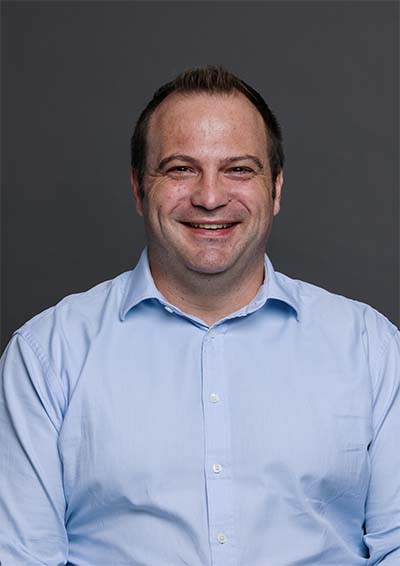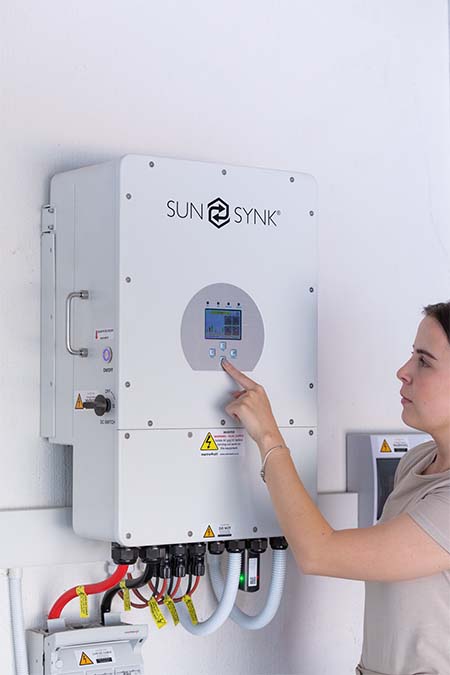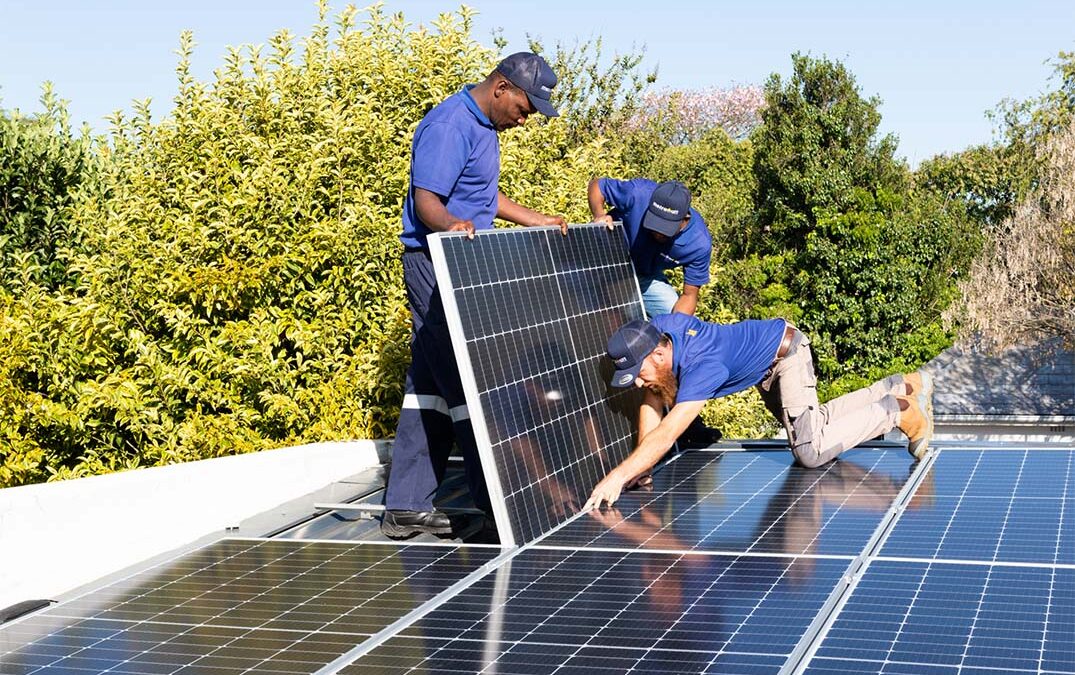The prolonged bouts of loadshedding that South Africans endured over the last 15 years or so have driven resourceful users to a number of alternative power solutions.
So, while 2023 was the worst year in terms of loadshedding days, it was also a record year for all types of alternative power solutions – from rechargeable lights and batteries to diesel generators and photo-voltaic solar plants – as businesses and householders took their energy requirements into their own hands.
Cue 2024, and Eskom has been able to keep the lights on since March. Whether this is a result of better generation capacity, less load on the grid as users provide their own, or a combination of the two, it has come as a welcome relief for South Africans.
But the crisis is not over by any means: Eskom is now proposing massive tariff increases which may well put the price of now-available electricity beyond the pockets of many.
The spectre of unaffordable electricity from the grid is driving new interest in alternative sources of power, with solar quickly coming to the fore as the most cost-effective way for consumers and businesses to produce their own.
But there is one group of home owners that has not been able to readily take advantage of the solar boom: those living in sectional title complexes and estates with shared roof space and common electricity charges.
For most complexes, the installation and management of a solar power plant is simply too daunting to undertake – which is why Metrowatt has come up with a solution that makes solar easy to deploy, and results in almost instant savings for owners.
 David Neale, CEO of Metrowatt, explains that complexes could look to a solution that lets them harness power from the sun to ensure availability and reduce costs.
David Neale, CEO of Metrowatt, explains that complexes could look to a solution that lets them harness power from the sun to ensure availability and reduce costs.
Metrowatt’s Smart Power Subscription (SPS) offers a solar plant under a Power Purchase Agreement, adding features to help complexes maximise the benefit they get from a solar plant.
“We see this as the future of power,” says Neale.
The SPS includes a PPA, under which Metrowatt or its partners will install solar panels on the property, on behalf of the body corporate. There is no cost for this installation.
The sectional title owners then purchase the electricity produced by the solar plant. The good news is that the price householders pay for this power is less than the current rate charged by Eskom and the municipalities – and the pricing gap can only grow over time as Eskom seeks annual tariff increases well above the inflation rate.
Neale explains that there are many benefits for sectional title owners, with the first and most crucial being the fact that there’s no upfront capital investment required. So it’s completely painless for owners and their pockets.
The job is done by professional installers, who ensure that all compliance measures are met, so the installation is safe, neat and can be covered by insurance.
As soon as the sun starts to produce power, residents in the complex can draw this power at a predetermined rate that’s typically less than today’s price from the municipality. “These savings can be substantial over the long-term,” Neale points out.
Metrowatt and its partners also take care of any maintenance and running issues, so owners have no hidden costs sprung on them.
But the main benefit, says Neale, is predictability – knowing what power will cost for the foreseeable future while other South Africans worry every year about what the Eskom tariff is going to be.
“This lets body corporates manage their budgets more effectively, while protecting them about electricity price volatility,” Neale points out.
Of course, sustainability is also a concern for many, and a PPA allows complex dwellers to reduce their carbon footprint too.
Most of these features are standard in a PPA from several suppliers, says Neale. The Metrowatt SPS, however, includes a smart load management system that optimises solar energy usage by intelligently controlling various loads, including geysers, to activate and adjust energy consumption throughout the day.
“This allows complexes to increase the portion of their energy generated by solar from about 30% to 50%,” Neale explains.
 Customers can also add battery backup to their solar installations, costed as a monthly subscription. This increases the amount of solar-generated power they can access, while providing a buffer against the return of loadshedding.
Customers can also add battery backup to their solar installations, costed as a monthly subscription. This increases the amount of solar-generated power they can access, while providing a buffer against the return of loadshedding.
Importantly, an SPS from Metrowatt is available on a 10-year contract, so it’s more flexible and more scalable than many PPAs that seek to lock body corporates in for 20 or 25 years.
“Hardware changes over time, as does the needs of the complex,” Neale says. “The beauty of our SPS is that it grows with the complex, scaling and evolving over time.”
Metrowatt is a home-grown company, part of the Myriad Capital group. It supplies alternative power solutions from vendors including Huawei, Hubble and Sunsynk, consulting and offering solutions for homes, complexes and businesses.

